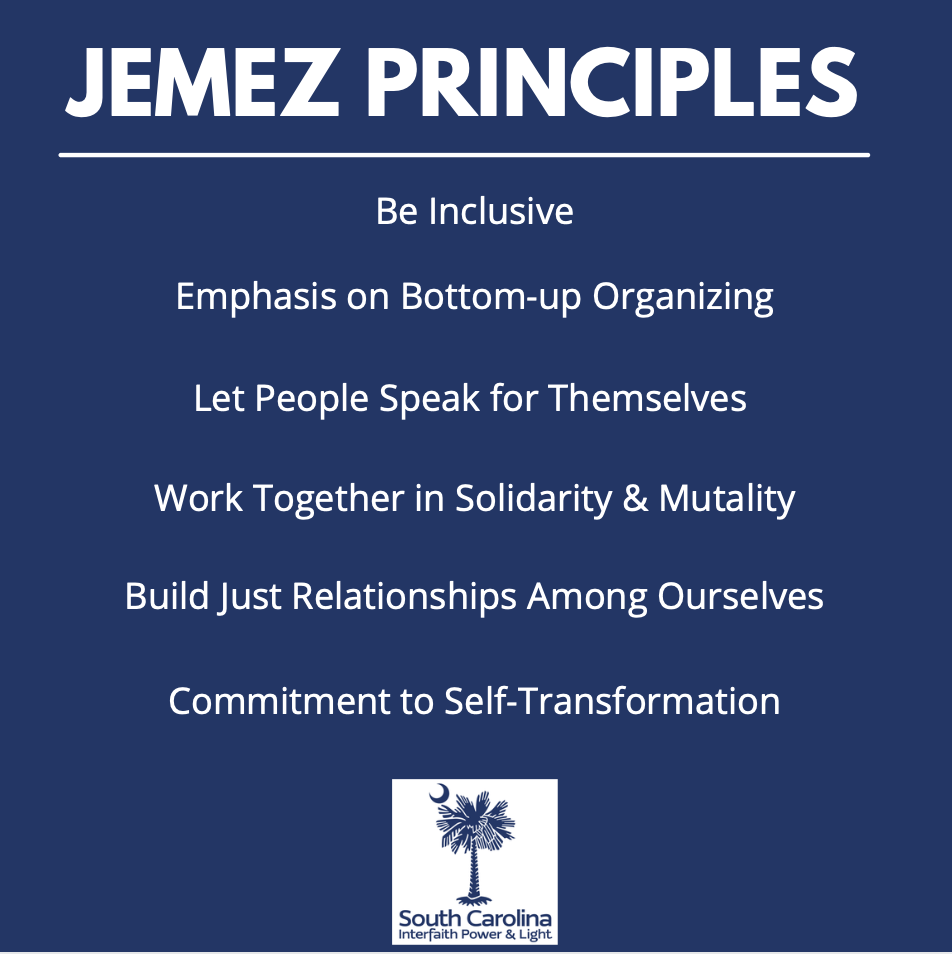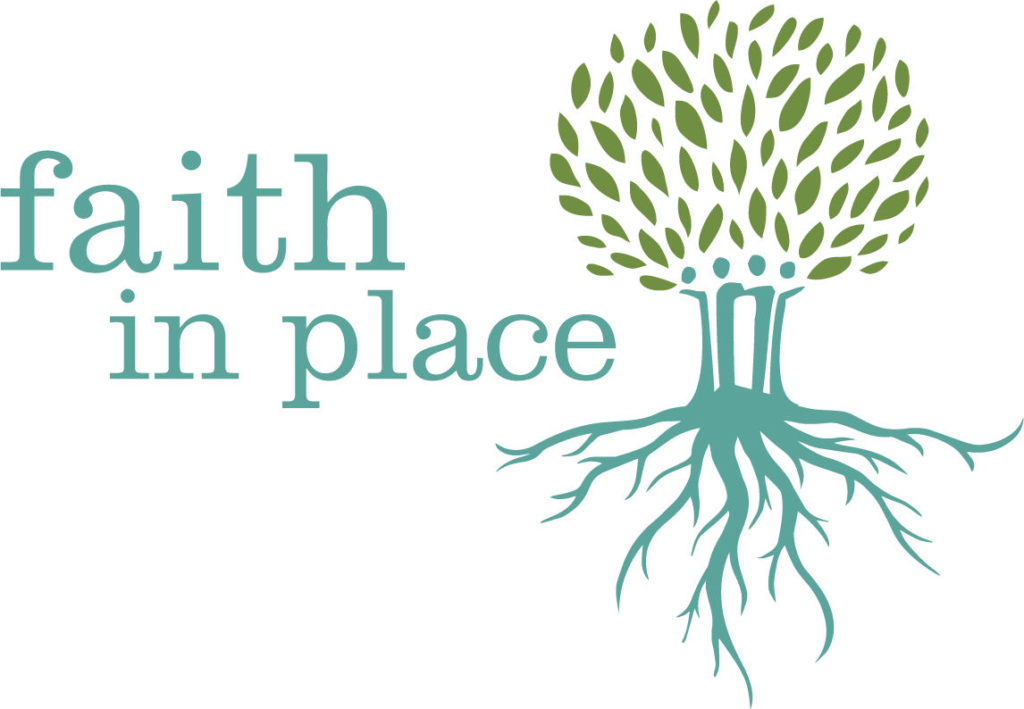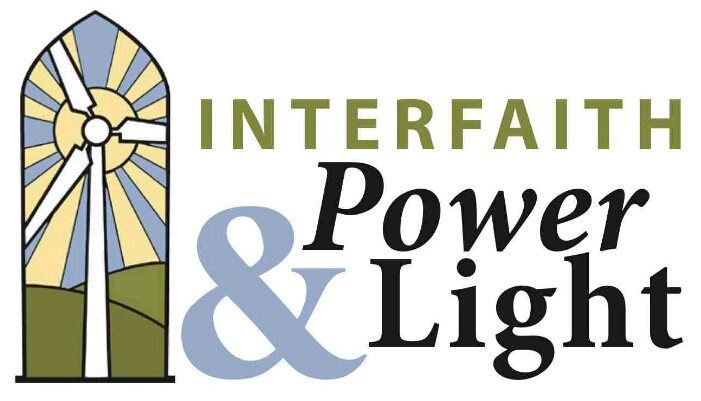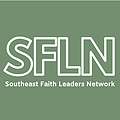Mission
South Carolina Interfaith Power and Light (SCIPL) is inspired by diverse faith perspectives to respond to climate change and to care for the Earth and all its inhabitants by engaging people of faith to work together for a just and sustainable future.
How do we do this?
We engage faith communities to grow their understanding of climate justice and how they can respond to climate change and environmental justice in their homes, houses of worship, and communities.
We educate ministers and lay leaders in building their climate justice ministry; promoting energy efficiency through energy audits and a mini-grants program for houses of worship;
We collaborate with other organizations to develop and influence environmental justice policy.
We assist vulnerable communities to advocate for equitable environmental policies.
History
South Carolina Interfaith Power and Light (SCIPL) was founded in 2011 as an affiliate of the National Interfaith Power and Light organization to serve faith communities through environmental action, awareness, and resources. It originally operated under Wofford College’s Center for Global & Community Engagement and was adopted by Sustaining Way in 2017. SCIPL is the only statewide faith-based organization focusing on environmental issues. As such, it is uniquely situated to work with South Carolina’s faith community to increase environmental awareness and promote sustainable action. Today, SCIPL is a growing network of diverse faith communities committed to environmental stewardship.
Strategic Vision 2022
Staff
Rev. Dominique Isaac Grate
Executive Director
A member of the inaugural class of Interfaith America’s Sacred Journey Fellows, in his spare time he enjoys playing board games, kayaking, and participating in humanitarian mission trips with his church.
Education: Bachelor of Arts in African American Studies, University of South Carolina ’12; Master of Divinity, Wake Forest University School of Divinity ’15
Community Engagement: Manning Rotary Club, South Carolina State Conference NAACP, Alpha Phi Alpha Fraternity, Inc., and Bethel AME Church (Columbia, SC).
Alecia Brewster
Program Director
Leadership Council
Want to become involved with our Council? Apply here.

LaRahna Hughes
Hughes is the owner of Seeds Cafe and Farm in Williston, SC, and serves as a volunteer board member for the Atlantic Institute and RePioneering Church. Hughes is a champion for social change and seeks out solutions for meeting the spiritual, emotional, and physical needs of the diverse, interfaith community in which she lives.
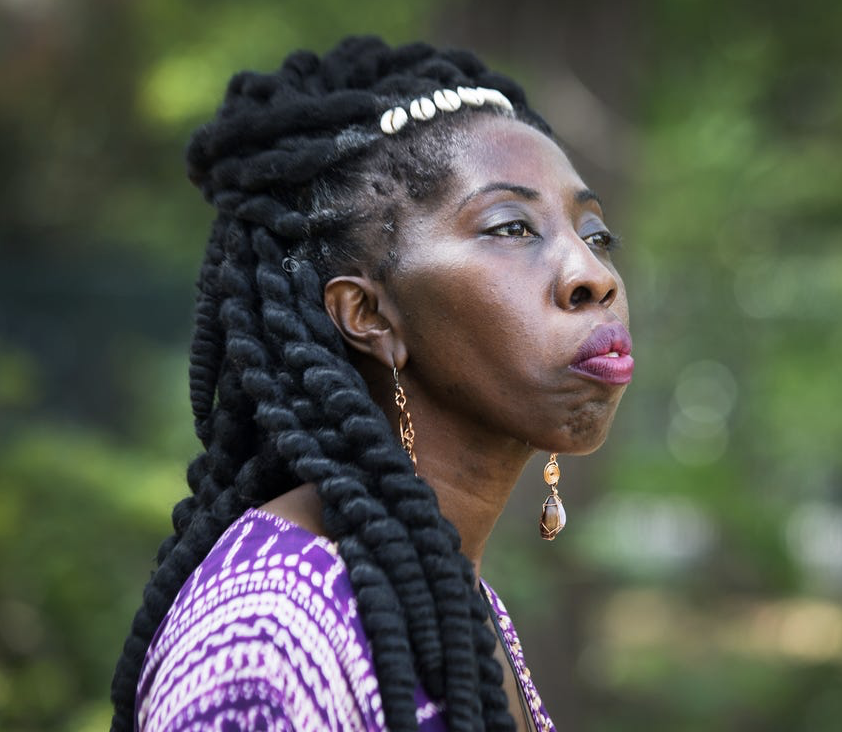
Queen Quet
Queen Quet, Chieftess, Head of State for the Gullah/Geechee Nation. Queen Quet is a published author, computer scientist, lecturer, mathematician, historian, columnist, preservationist, environmentalist, film consultant, and “The Art-ivist.” She founded the premier organization for the continuation of Gullah/Geechee culture, the Gullah/Geechee Sea Island Coalition. Queen Quet is deeply engaged in all aspects of South Carolina’s climate and Environmental Justice landscape.
To read more, visit: www.QueenQuet.com

Reverend Ron Robinson
Robinson is the founder and former Director of SCIPL. Rev. Robinson serves as Chaplain and Professor of Religion at Wofford College and directs the college’s Interfaith Programs. Rev. Robinson resides in Spartanburg, SC.
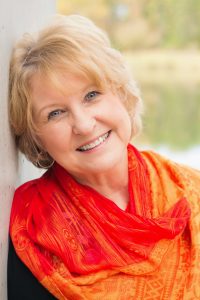
Margaret Stephens
Stephens is the Director for Faith and Neighborhood Initiatives at LiveWell and a Sustaining Way Board member. Margaret has 20+ years of experience as an RN and Faith Community Nurse. She resides in Pickens County.

David Williams
Williams is the founder and CEO of Community Saviors, a nonprofit committed to teaching healthy lifestyles and agriculture in low-income communities. Mr. Williams teaches high school environmental science and lives in Kingstree, SC.
Partners

Jemez Principles
South Carolina Interfaith Power & Light affirms the Jemez Principles for Democratic Organizing.
On December 6-8, 1996, forty people of color and European-American representatives met in Jemez, New Mexico, for the “Working Group Meeting on Globalization and Trade.” The Jemez meeting was hosted by the Southwest Network for Environmental and Economic Justice with the intention of hammering out common understandings between participants from different cultures, politics, and organizations.
